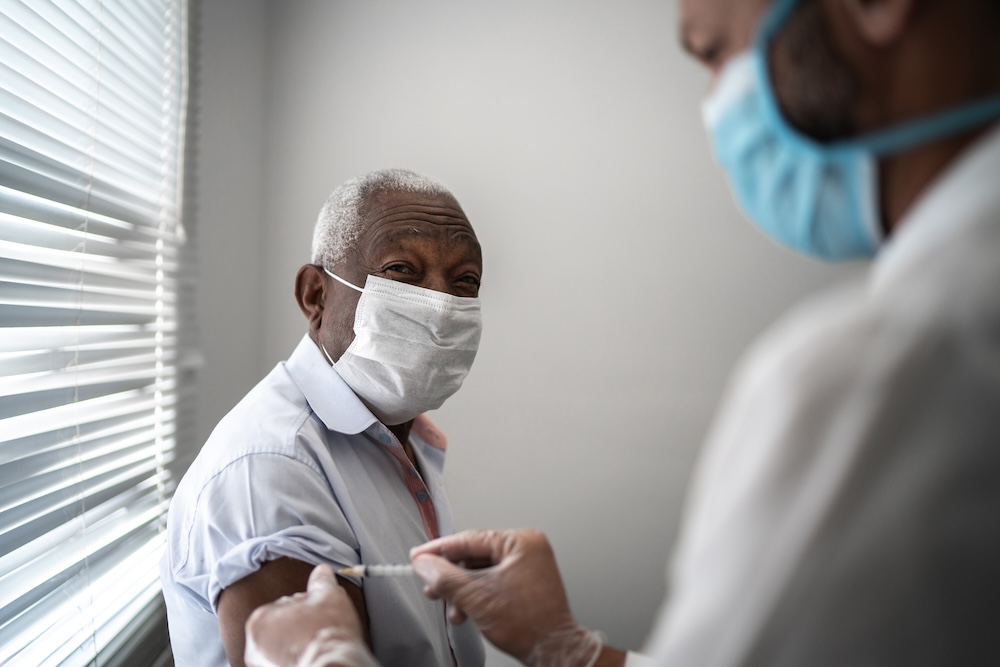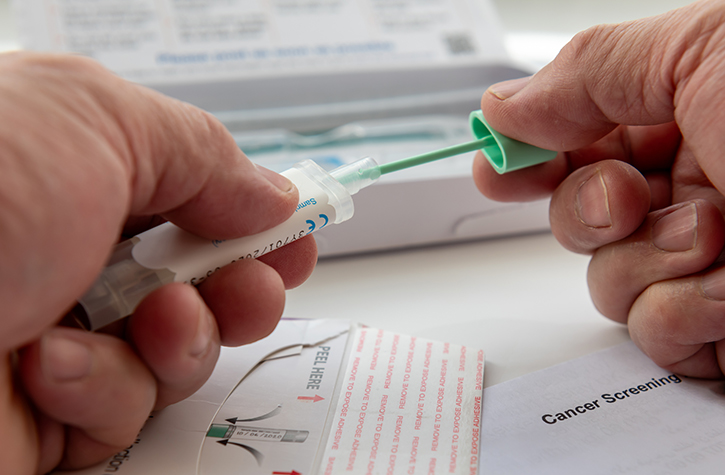Division of Research Spotlight – September 5, 2017
The Rapid Analysis Program is a unique funding mechanism set up by The Permanente Medical Group to support research analyses that are valuable to both the clinical operations side and to researchers. The program has funded eight projects since its creation in 2013, on topics such as communication with diabetes patients, quality gaps in guidelines-based care for cancer, surgical quality monitoring, and electronic cigarette use.
“I think we’ve shown that we’re filling a real need, and I would love to continue to expand the clinical areas addressed by the projects we fund,” said Julie Schmittdiel, PhD, program director at the Division of Research.
The journal Learning Health Systems recently published a report on the program by Schmittdiel and Wendy Dyer, MS, and Alyce S. Adams, PhD, of the Division of Research, as well as Rick Dlott, MD, Joseph D. Young, MD, and Michael B. Rothmann, DrPH, of The Permanente Medical Group.
Schmittdiel explains how the Rapid Analysis Program is building important partnerships between Kaiser Permanente research and operations.
Why is the Rapid Analysis Program needed?
A major barrier that keeps research and clinical operations from working together is their disparate timelines. Researchers ask questions that might take months or even a year to fund and begin to answer, while the operations side needs answers quickly in order to improve care. But both sides have common goals and some common key questions they want to answer. The Rapid Analysis Program is designed to fund work that bring these two sides together for mutual benefit.
How does the program work?
A committee of researchers and operations leaders reviews proposals for projects, each led by a researcher partnering with an operations leader. We look for projects that will use existing data, will take just 6 months to complete, and have the potential to quickly impact care delivery for Kaiser Permanente members.
What is an example of how the program has quickly improved clinical care?
One of the first projects we funded looked at the underuse of medications known as thiazides, which is a major barrier to hypertension control for African Americans. That project resulted in changes in quality measures for optimal thiazide dosing throughout the Kaiser Permanente Northern California region, because the researchers were able to show that there were viable strategies for improving thiazide prescribing and care.
What impact do you hope the Rapid Analysis Program will have on other health care institutions?
One of the main reasons we published our paper in Learning Health Systems is to get the word out about it; I think the title of the journal really says it all. There is a broad movement to enable health care delivery systems to learn and improve through collaboration between researchers and quality improvement experts. I would be thrilled to see other health care systems try something like this.
What are your hopes for the future of the Program?
The Rapid Analysis Program is “seed money,” an investment in the research and operations partnership. We are excited for the long-term clinical potential of the projects we fund and the partnerships that we invest in.
This article originally appeared in the Division of Research Spotlight






